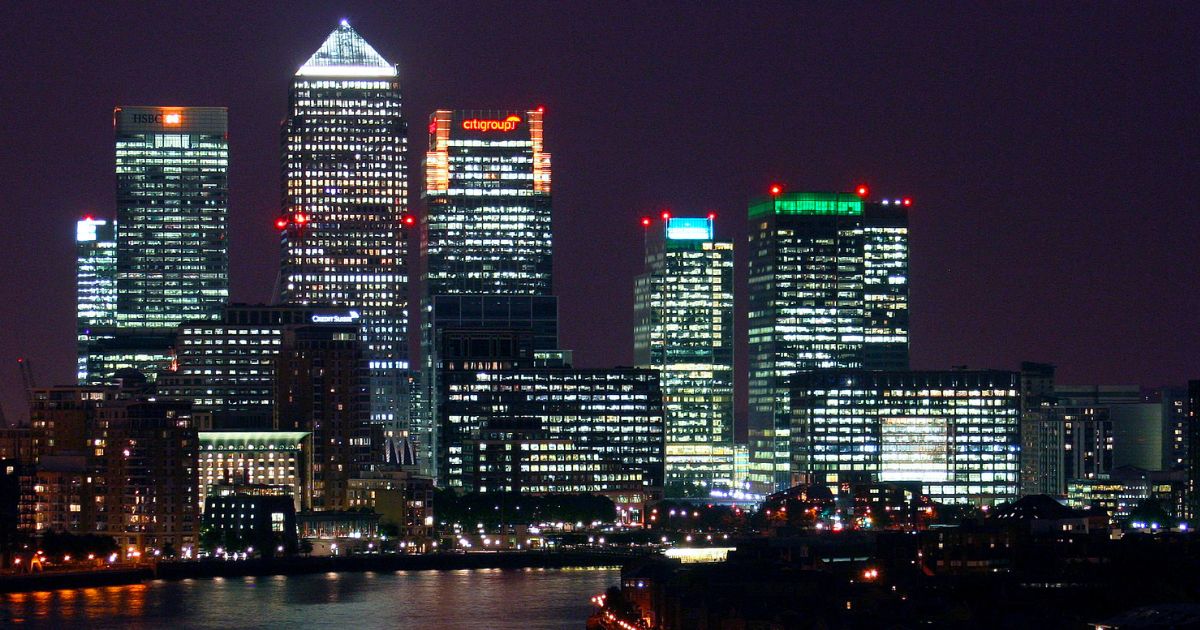London’s Canary Warf craving for occupancy
04 Oct 2024

Canary Wharf, a part of London's central business district and once a thriving urban hub with living apartments, retail shops, cafes and bars and a familiar spot for events and exhibitions, is now looking at the hospitality sector to occupy its growing empty spaces.
Faced with falling demand for office space, the administrators of the 16,000,000 sq ft office and retail space is looking to let out abandoned spaces to hotels and other businesses that can occupy huge spaces, say reports.
Developed on the site of the former West India Docks in East London, the area's office tenants included financial sector giants like JP Morgan, Barclays and HSBC.
With facilities such as the Canary Wharf Pier and the Canary Wharf tube station, the area was a convenient location and a sustainable space that brought people and businesses together.
The growing number of unoccupied spaces in the 97-acre Canary Warf Estate is a reflection of London losing its stature as a global financial centre, say experts.
The estate, owned by Canadian investor Brookfield and Qatar Investment Authority, is now reported to be carrying out a review of its tenancy policy to include hotels, leisure, retail, academia and cultural uses, say reports.
As of now, more than 30 hotel operators have shown interest in occupying space in the iconic estate and the administrators are close to deal with a 74-bed boutique hotel, according to reports.
Canary Wharf Group is faced with the dilemma of reconstructing out-dated buildings and making the estate greener in order to revitalise the area and attract new tenants.
Rebuilding, however, is a costly proposition, costing millions of pounds for Canary Warf and its occupants, after the estate saw a 15 per cent fall in property values in the year ended March 2024.
The new owners, however, are building more flats, restaurants and laboratories in the former dock area. Canary Wharf also opened a new waterfront decking area, near one of its central docks, to the public, as part of greening the estate.
Canary Wharf, however, is just one of the commercial centres and business districts that have fallen from grace, especially since the pandemic and the coming of the work-from-home culture.
Shifting fortunes of businesses and the emergence of new business ideas are forcing commercial centres and real estate business across the world to repurpose property in a way that suits all.



















